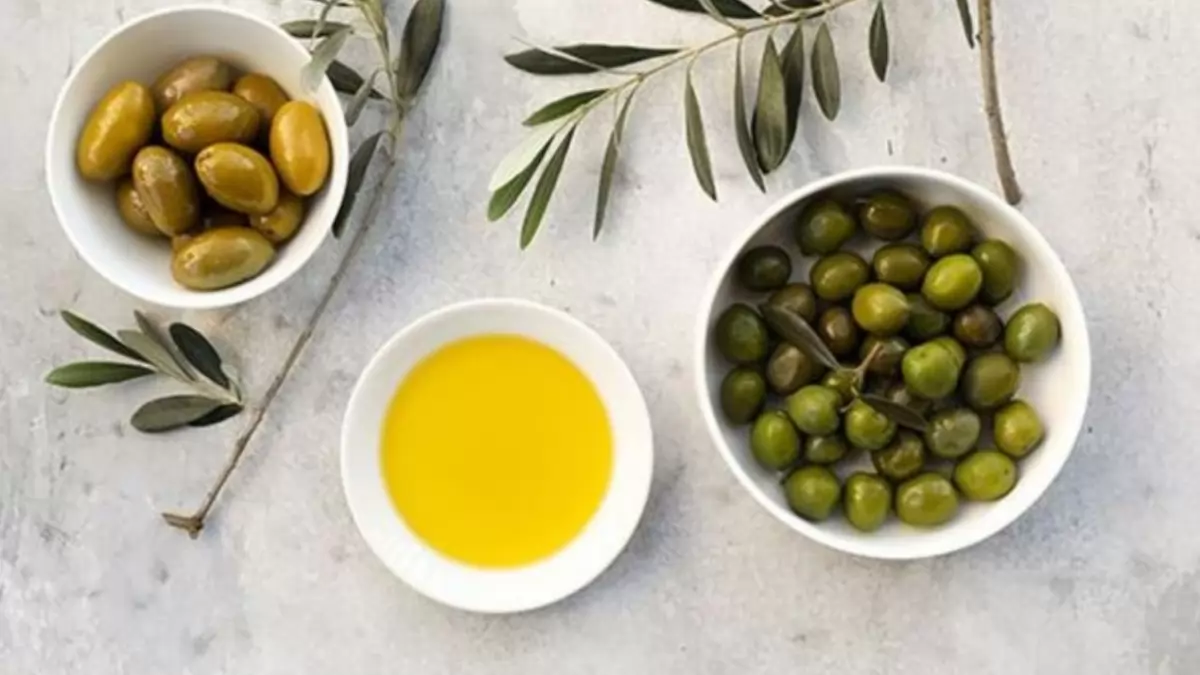
For good reason, extra virgin olive oil has long been a mainstay of the Mediterranean diet. Olives grow in abundance in the Mediterranean region and the people there make good use of it. Incorporating olives and olive oil into your diet is rewarding. It provides numerous health benefits, both dietary and non-dietary and is nutrient-rich. Below are some of the main advantages of eating olive oil.
Studies have demonstrated that consuming olive oil can reduce LDL ("bad") cholesterol and increase HDL ("good") cholesterol. Oleic acid, in particular, is a high source of monounsaturated fatty acids. This may lessen the chance of stroke, heart disease, and other cardiovascular issues.
Phenolic polyphenols and vitamin E are two excellent sources of antioxidants found in olive oil. By battling free radicals in the body, these antioxidants shield cells from harm and lower the chance of developing chronic illnesses like cancer, heart disease, and Alzheimer's.
The anti-inflammatory qualities of olive oil can aid in lowering inflammation all over the body. For ailments like arthritis, asthma, and specific cancer kinds, this may be helpful.
Research has indicated that olive oil may help those with type 2 diabetes have better blood sugar regulation. This is probably because it can increase insulin sensitivity and has anti-inflammatory properties.
Olive oil has the potential to alleviate constipation and lubricate the digestive tract. Also, it could aid in preventing stomach ulcers.
Olive oil may be able to prevent dementia and cognitive loss in the brain, according to some research. Antioxidant and anti-inflammatory qualities are probably the cause of this.
These were some prominent benefits of consuming olive oil. However, to see a big difference a certain amount of intake over a certain amount of time may be required. You can consult a doctor and dietitian for further and more personalized guidance.





Copyright © 2026 Top Indian News
